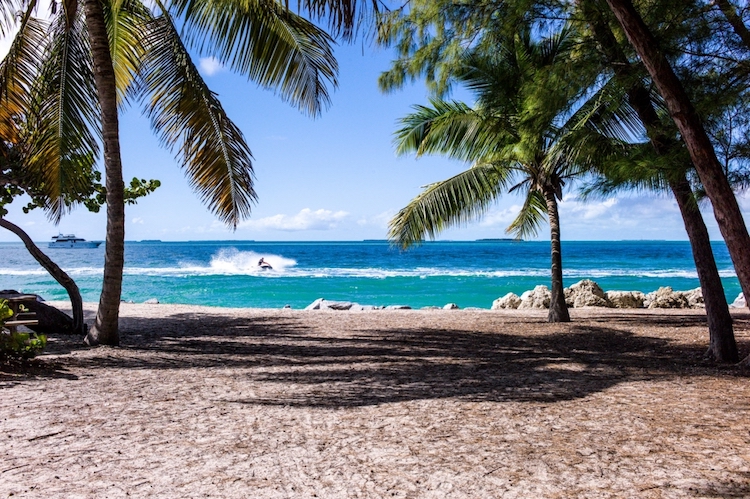By Robert Johnson
LONDON (IDN) – An estimated $21 to $32 trillion of private financial wealth is located, untaxed or lightly taxed, in secrecy jurisdictions around the world as the Financial Secrecy Index names tax havens, which play a key role in facilitating the illicit flow of money across borders.
“Corruption, bribery, theft and tax evasion cost some $1.26 trillion for developing countries per year; this amount of money could be used to lift those who are living on less than $1.25 a day above $1.25 for at least six years,” according to the United Nations which aim to mend this unacceptable situation as part of the Sustainable Development Goal 16.
From the Lava Jato scandal to the Panama and Paradise Papers, time and again attention has been drawn to the pernicious role of offshore territories. In fact, if counted together, the United Kingdom and its Overseas Territories and Crown dependencies would top the Financial Secrecy Index, given the staggering scale of their undisclosed financial activities.
But, fortunately, this could soon change, says Transparency International (TI). On May 1, 2018, the UK Parliament voted in favour of requiring any British Overseas Territory that has not already done so to introduce public registers that reveal the individuals behind companies based there by the end of 2020.
The amendment means that the UK must, no later than December 31, 2020, prepare a draft Order in Council requiring the Government of any British Overseas Territories that has not introduced such a register to do so.
Secrecy in these territories has allowed corrupt individuals from around the world to hide the hundreds of billions of pounds in wealth they have stolen from their populations and launder it through global financial centres like the UK.
Transparency International calls this “a major victory in the fight against cross-border corruption”. It points out that in 2015, research by Transparency International UK (TI-UK) found that shell companies registered in tax havens were involved in more than three quarters of corruption cases involving property that were investigated by London’s Metropolitan Police.
Of these companies, nearly 80 per cent were registered in the UK’s Overseas Territories, like Bermuda, the Cayman Islands and the British Virgin Islands, or in Crown dependencies, like the Isle of Man or Channel Islands.
In 2017, TI-UK identified £4.4 billion worth of property in the UK bought with suspicious wealth. Of the companies used for these transactions, nearly half are based in the British Virgin Islands.
On April 30, working with Transparency International, BBC Panorama published details of a Ukrainian crime gang that had purchased 8 luxury properties in London using British Virgin Islands (BVI) companies. Transparency International has found at least £4.4 billion worth of property in the UK bought with suspicious wealth – half of this using companies based in just the BVI alone.
Duncan Hames, Director of Policy at Transparency International UK, said: “This is very welcome news that the UK will finally be able to open up the financial centres in the British Overseas Territories. These jurisdictions have long been the Achilles Heel of our defences against dirty money. Agreement on this represents a hugely significant moment in the fight against corruption, not just in the UK but around the world.
“This afternoon, corrupt individuals everywhere will be deeply concerned that they are about to lose the secrecy afforded by the British Overseas Territories that has until now given them an easy route to launder their ill-gotten gains.
“We hope that those territories will now use the opportunity they have over the next 18 months to implement these registers and shut the door to dirty money.”
“Even while celebrating this week’s ruling in the UK, it is important to note that the Crown dependencies are not yet affected,” noted Transparency International on May 2.
More widely, the TI report published in April 2018 looked into precisely this problem of opaque beneficial ownership systems, focusing on how far G20 (Group of 20 emerging and industrialized) countries in particular have gone in removing the anonymity that allows criminals and the corrupt to hide their identity behind shell companies.
“The world’s leading economies still have a lot of work to do to live up to their own principles. None apart from the UK have public registries of beneficial ownership for companies operating within their borders,” TI said. “The UK’s tough new stance on offshore financial secrecy should inspire others to follow suit.” [IDN-InDepthNews – 04 May 2018]
Image: Creative Commons, Unsplash, Anders Wideskott
IDN is flagship agency of the International Press Syndicate.
facebook.com/IDN.GoingDeeper – twitter.com/InDepthNews

